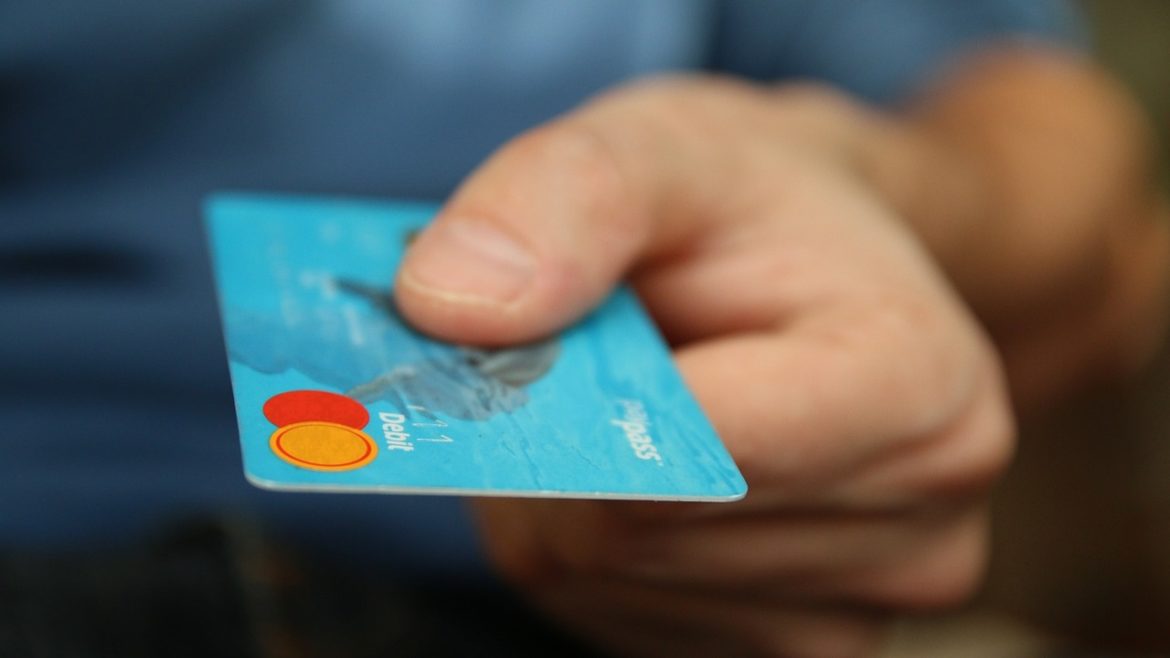Gold has all the potential to go unprecedentedly high. But silver will be gold on
Site:
Precious metals news
Aug 9, 2021 - 08:02:00 PDT
Average prices at Uber and Lyft hit records in July. McDonalds is rationing food bags.
Aug 9, 2021 - 07:57:25 PDT
The eviction crisis has Marxists hopping mad. They propose seizing houses as the solution.
Nearly 2,000 companies and organizations have lobbied Congress and the administration this year in an attempt to influence the contours of major new infrastructure spending, an effort that is sure to intensify now that the Senate is hoping to vote within days on their version of the $1 trillion public-works package.
Aug 9, 2021 - 07:51:46 PDT
And as the Fed pumps out cash via QE on one side, it mops up $1 trillion in cash via reverse repos on the other.
Was Q2 the peak of economic growth and earnings? If estimates are correct and the "base effect" fades, such suggests risk to current earnings estimates.
After posting a 10.4% increase in May, consumer debt continued to expand, growing by a record rate in June.Consumer credit grew by $37.69 billion in June, according to the latest data from the Federal Reserve. That represents a 10.6% increase. The Fed also revised the May number up from $35.3 billion to $36.6 billion.
We've seen a sharp selloff in both gold and silver. Gold was down over $40 an ounce Friday. Meanwhile, the US dollar saw a sharp increase, along with a rise in long-term Treasury yields. The catalyst for these sharp moves was a better-than-expected jobs report and expectation that it will spark a quick pivot to monetary tightening by the Fed. In his podcast, Peter Schiff said the markets are moving on fantasy, not economic reality.
For years businesses shouted they were seeing huge gains in productivity but the truth is that productivity can be difficult to measure. Before long, that will bring front and center the issue of how sagging productivity can help fuel stagflation. Covid-19 may shine a bit of light on this with many people now working at home, do not be surprised if companies are forced to ask, what are these employees really doing?
Wall Street banks Goldman Sachs (GS.N), JPMorgan (JPM.N) and Morgan Stanley (MS.N) all cut their China growth forecasts on Monday, after export growth slowed unexpectedly and on concerns that the resurgent coronavirus could crimp economic activity.
U.S. equity futures slipped on Monday, and commodities tumbled as investors weighed concerns about a pullback in stimulus and a resurgence in the fast-spreading delta virus variant.Contracts on the S&P 500 and Dow Jones Industrials fell, while those on the Nasdaq 100 traded modestly higher. In Europe, the Stoxx 600 Index...
The cost of renting a home has bounced back from a Covid-19 lull, which could drive up the rate of inflation down the road and alter the Fed’s calculations about when to raise interest rates.
The world-beating rally in China’s sovereign bonds fueled by policy easing bets may have some ways to go, but inflation data this week could provide a reason to slow the bullish momentum.
U.S. consumer prices probably rose in July at the slowest pace in five months, marking a deceleration that stops short of full relief from cost increases weighing on sentiment and driving political debate.The government’s index is seen climbing 0.5%, according to the median projection in a Bloomberg survey of economists ahead of data this week. Stripping...
The European Central Bank must tighten monetary policy if it needs to counter inflationary pressures and cannot be put off from doing so by the financing costs of euro zone states, ECB policymaker Jens Weidmann told the Welt am Sonntag newspaper.
WASHINGTON (AP) — The Senate moved closer to passing a $1 trillion bipartisan infrastructure package Saturday after lawmakers from both parties came together and voted to clear a key procedural hurdle, but the action soon stalled out as a few Republican opponents refused to speed up approval of one of President Joe Biden’s top priorities.
 Wall St Week Ahead Investors Wary on Washington, Balancing Debt Ceiling and Infrastructure Bill
Wall St Week Ahead Investors Wary on Washington, Balancing Debt Ceiling and Infrastructure BillAug 9, 2021 - 05:26:09 PDT
The economic boost from an expected $1 trillion infrastructure bill working its way through the U.S. Senate has helped push Wall Street stocks near record levels, but some investors are concerned that the next two months in Washington could be rocky.
U.S. consumer credit grew at the fastest rate ever in June, as Americans increased their credit card usage to drive consumer spending in the second quarter, data from the Federal Reserve showed on Friday.
Stock futures traded lower early Monday after the Dow Jones Industrial Average hit a record close Friday following a stronger-than-expected jobs report.
 Landmark U.N. Report Delivers Stark Warning on Climate Change, Says It’s ‘Code Red for Humanity’
Landmark U.N. Report Delivers Stark Warning on Climate Change, Says It’s ‘Code Red for Humanity’Aug 9, 2021 - 05:12:27 PDT
The report provides world leaders with a gold standard summation of modern climate science ahead of U.N. climate talks, known as COP26, in early November.
 U.S. Dollar Hits 4-Month High Against Euro As Traders Bet on Earlier Fed Tapering
U.S. Dollar Hits 4-Month High Against Euro As Traders Bet on Earlier Fed TaperingAug 9, 2021 - 05:10:57 PDT
The greenback strengthened as far as $1.1742 against the euro, extending a 0.6% pop from Friday.

























